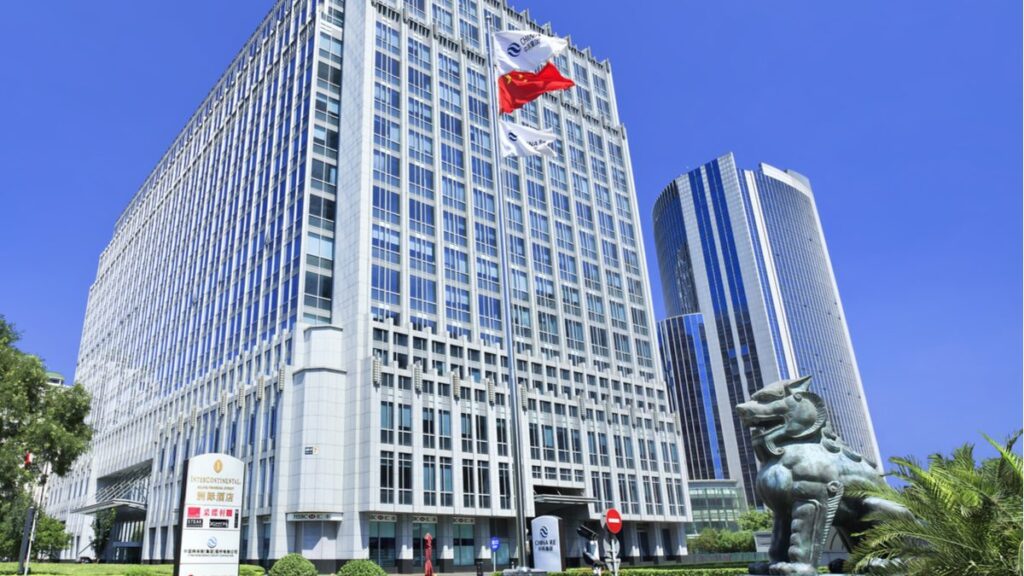
The Cyber Administration of China (CAC) uncovered on Sunday a draft rule requiring tech firms listing in Hong Kong Stock Exchange (HKSE) to succumb to a cyber security review for share sales jeopardizing national security.
Beijing’s watchdog has played its card in its overdue battle with its tech sector, with a maneuver that will endanger the recently risen shift in power in Chinese tech groups.
CAC, China’s most vigorous data regulatory authority, drafted its rules to signify Beijing’s determination to hinder its tech firm’s jurisdiction on its territory. Beijing is examining its every move to halt the hastened progression of digital supremacy from companies.
The cyber security checks will weaponize authoritarian power with the means needed to introduce a new data protection protocol, delivering the CAC with the supreme command to monitor tech companies’ approach towards safeguarding users’ data.
In parallel, the draft will demand firms with a massive sum of data concerned with China’s national security, economy, or public interests to honor the submission of a cyber security review in the event of merger pursuance or company restructure.
In this case, internet companies aiming to create overseas headquarters, operational centers, or research and development facilities will have to answer Beijing’s watchdogs before initiating any move, according to the CAC’s draft.
The timing of the draft could be perceived as impeccable timing as it came a day prior to the Beijing Stock Exchange opening, a recently issued market to obtain funds for innovative modest start-ups, as an attempt for Chinese authorities to empower firms to adopt local exchange markets.
In July, the CAC announced that it will further intensify its regulatory grip on firms aiming to list in overseas markets, specifically those holding data exceeding one million users.
This came as a follow-up to the administrations probing investigation into the ride-hailing app, Didi Chuxing, for probable data breach, two days following its groundbreaking $4.4 billion initial public offerings (IPO) on the New York Stock Exchange last June.
The Financial Times calculates the country’s move of issuing a new exchange market as its latest assertive act to birth homegrown tech chiefs and extinguish the remarkable indolence on foreign markets.
Beijing’s heightened push to further diminish the West’s sovereignty on the global tech market has reached its domestic firms. A move, necessary to empower China’s sector as a whole by embracing a harsher yet emboldened tactic to become homegrown dependent before unleashing its mightiness on the global tech market.